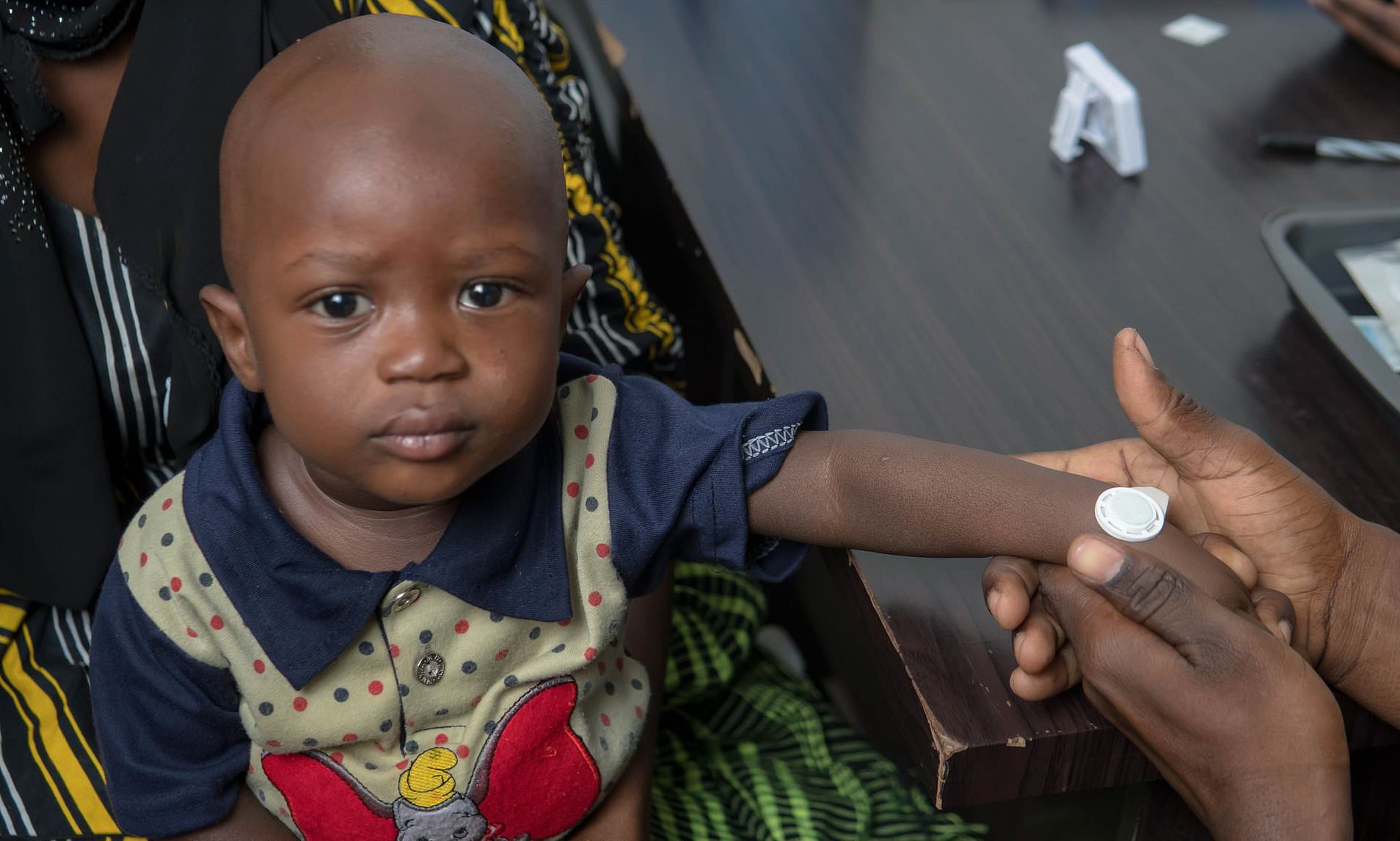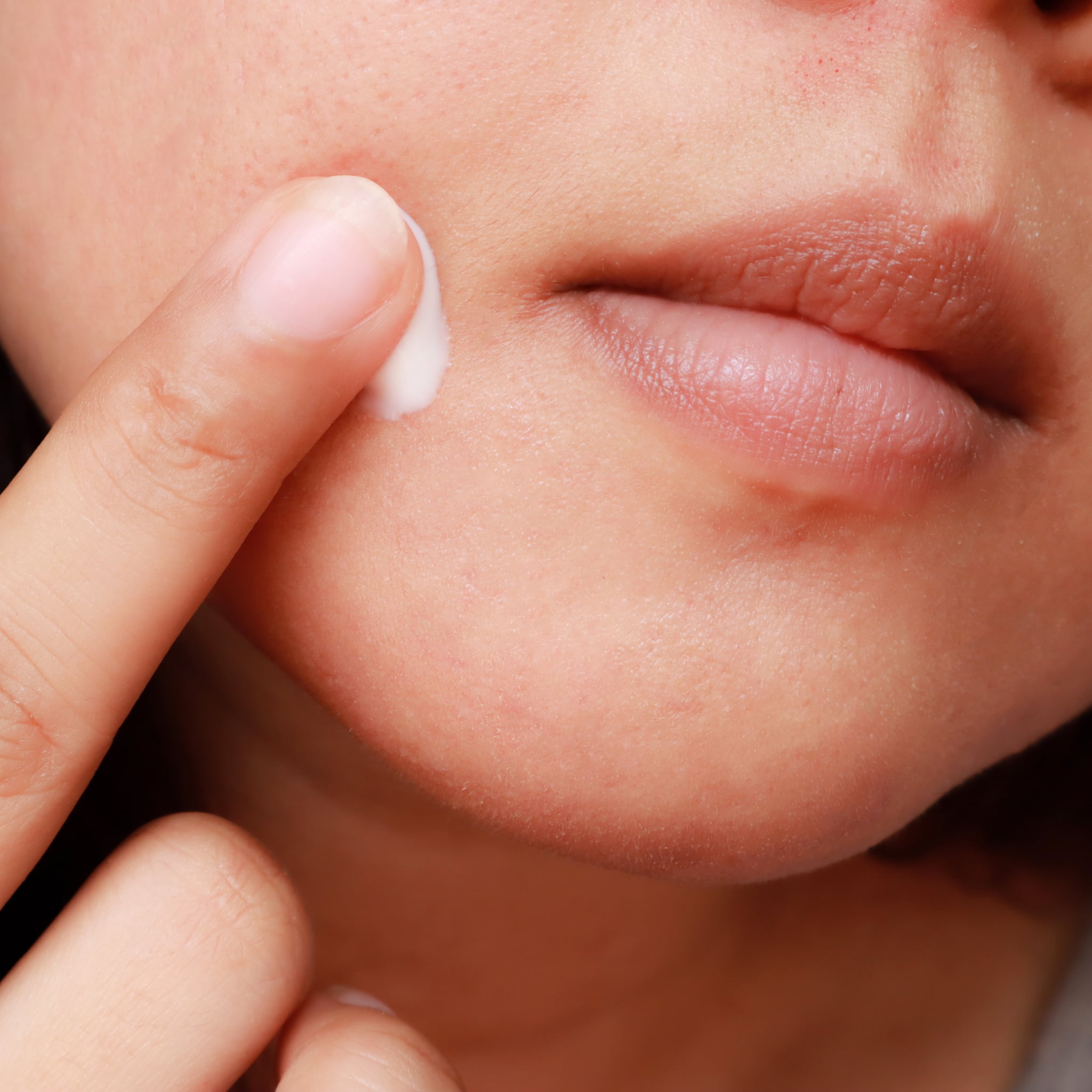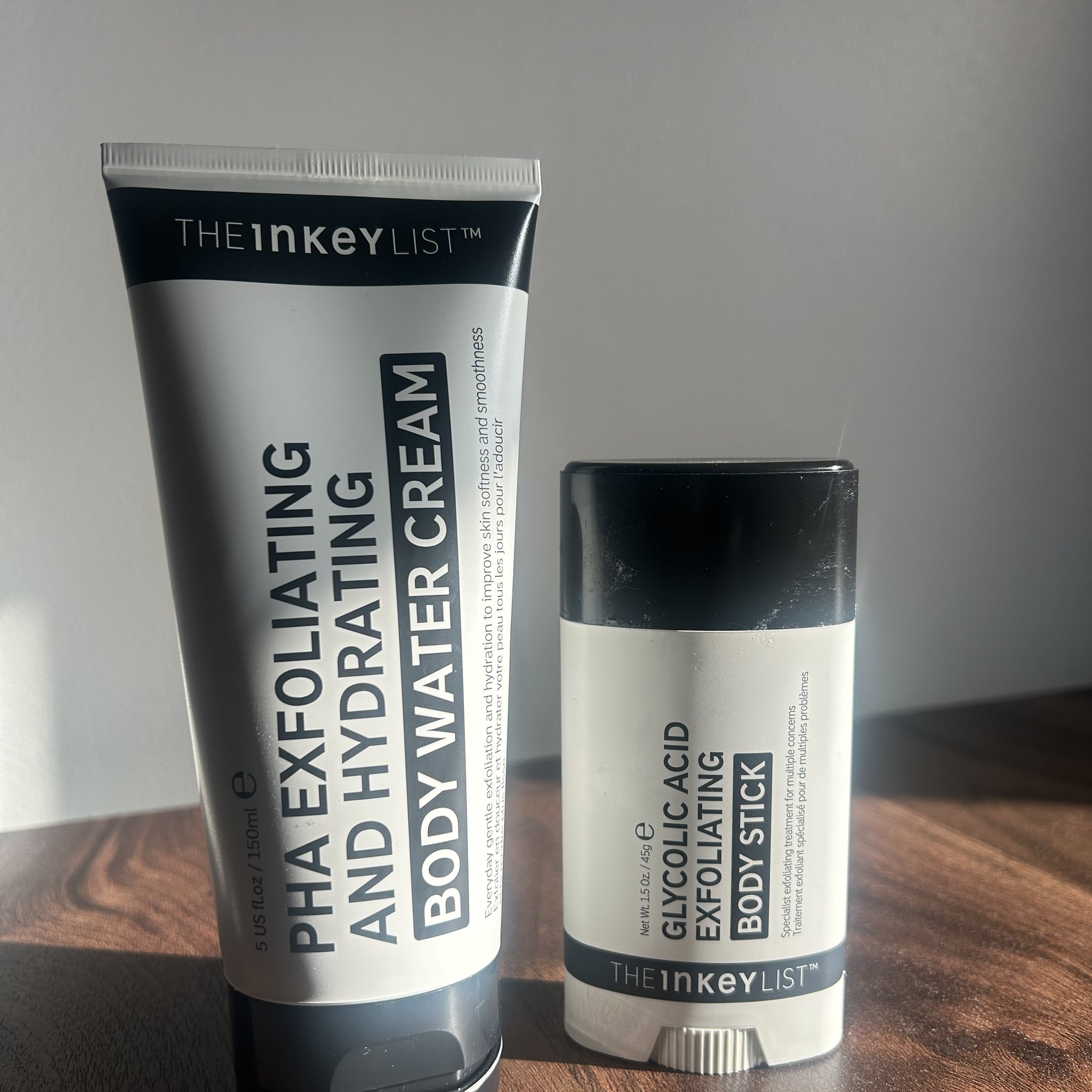
DOCTORS ANSWER COMMON QUESTIONS ABOUT POLLEN ALLERGY IN CHILDREN.
How can I prevent my child from developing pollen allergy or reduce its severity?
Expert opinion from Dr. Anuvitha KamathMBBS · 3 years of experience · India
The best way to reduce allergies or prevent a child from developing pollen allergies is to avoid all the triggering factors. Staying indoors, and wearing a mask while going out, using allergen-proof bed covers, changing bedding weekly, maintaining low humidity, using clean carpet has been very effective in preventing allergies due to dust mite and pollen. Also improving indoor air quality by keeping windows closed, vacuuming every week, preventing pet dander, controlling dust mites and cockroaches, changing the child's clothes and making the child bathe soon after returning from outside also helps to reduce or prevent pollen allergies in a child. Allergy-causing food items must be avoided and a balanced diet must be followed.
Expert opinion from Dr. Himabindu SreenivasuluMBBS · 1 years of experience · India
Preventing or reducing the severity of pollen allergies in children can be achieved through various measures. Firstly, try to limit their exposure to pollen by keeping windows closed during high pollen seasons, using air conditioning with HEPA filters, and minimizing outdoor activities during peak pollen times. Encourage your child to wash their hands and face after playing outside to remove any pollen residue. Regularly washing their clothes, bedding, and stuffed toys can also help reduce pollen exposure. Additionally, consider planting low-pollen or non-allergenic plants in your yard. It may be beneficial to consult with an allergist or healthcare professional for further guidance. They can assess your child's risk of developing allergies, recommend appropriate preventive measures, and discuss potential allergy medications or immunotherapy options if necessary.
What are the signs and symptoms of pollen allergy in children?
Expert opinion from Dr. Anuvitha KamathMBBS · 3 years of experience · India
The causes of pollen allergy in children are sensitivity to various environmental factors like-pollen, dust, and spores. In this condition, a chemical called histamine is released in the body which leads to conditions like allergic rhinitis, dermatitis, and rashes. The signs and symptoms of pollen allergy in children are wheezing, sneezing, coughing, difficulty in breathing, itching, redness, and scaly rashes on the skin. The best way to reduce allergies is to avoid all the triggering factors. Staying indoors, and wearing a mask while going out, using allergen-proof bed covers, changing bedding weekly, maintaining low humidity, using clean carpet has been very effective in treating allergies due to dust mite. Also improving indoor air quality by keeping windows closed, vacuuming every week, preventing pet dander, and controlling dust mites and cockroaches.
Expert opinion from Dr. Himabindu SreenivasuluMBBS · 1 years of experience · India
In children, pollen allergies can cause a range of signs and symptoms. Common symptoms of pollen allergy, also known as hay fever or allergic rhinitis, include sneezing, itching of the nose, eyes, and throat, runny or stuffy nose, watery and red eyes, coughing, and post-nasal drip. Children with pollen allergies may also experience fatigue, irritability, and difficulty concentrating due to disrupted sleep caused by allergy symptoms. In some cases, pollen allergies can trigger asthma symptoms, leading to wheezing, shortness of breath, and chest tightness. If you suspect your child has a pollen allergy, it's advisable to consult a pediatrician or allergist who can evaluate their symptoms and provide appropriate management strategies.
How can I reduce my child's exposure to pollen and other allergens?
Expert opinion from Dr. Anuvitha KamathMBBS · 3 years of experience · India
The best way to reduce pollen allergies in children is to avoid all the triggering factors. Staying indoors, and wearing a mask while going out, using allergen-proof bed covers, changing bedding weekly, maintaining low humidity, using clean carpets have been very effective in treating allergies due to dust mites. Also, improving indoor air quality by keeping windows closed, vacuuming every week, preventing pet dander, and controlling dust mites and cockroaches can help. Changing the child's clothes and making the child bathe after coming from outside can reduce the risk of pollen allergy. Allergy-causing food items must be avoided and a balanced diet must be followed.
→ See more questions and expert answers related to Pollen Allergy In Children.
Expert opinion from Dr. Himabindu SreenivasuluMBBS · 1 years of experience · India
To reduce your child's exposure to pollen and other allergens, there are several steps you can take. Keep an eye on pollen forecasts and try to limit their outdoor activities during high pollen count days. Encourage them to wear sunglasses and a hat when outside to minimize pollen contact with their eyes and hair. When they come back indoors, have them change their clothes and wash their hands and face to remove any pollen that may have attached to their body. Keep windows closed in your home and car to prevent pollen from entering. Use air purifiers with HEPA filters to help clean the air indoors. Regularly clean and vacuum your home to reduce dust and allergens. Additionally, consider using hypoallergenic bedding and pillow covers to minimize exposure while sleeping. If your child's allergies are severe, consult with a pediatrician or allergist who can provide further guidance and recommend appropriate allergy management strategies.
→ See more questions and expert answers related to Pollen Allergy In Children.
| What are people curious about? | |
|---|---|
| Diabetes | Psoriasis |
| Eczema | Treatment for severe asthma |
Disclaimer: This is for information purpose only, and should not be considered as a substitute for medical expertise. These are opinions from an external panel of individual doctors or nutritionists and not to be considered as opinion of Microsoft. Please seek professional help regarding any health conditions or concerns. Medical advice varies across region. Advice from professionals outside your region should be used at your own discretion. Or you should contact a local health professional. Learn More.
2024-04-16T02:59:06Z dg43tfdfdgfd










